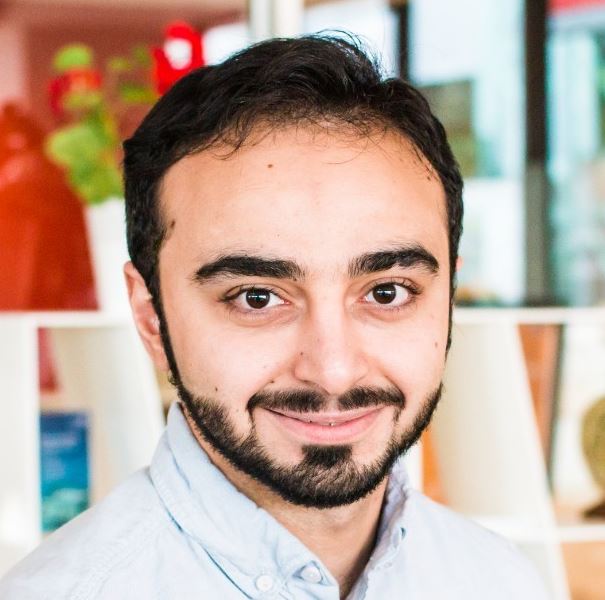Data Proc and Acqui SIG: Integrating U-net with Full-Waveform Inversion for an ... - Sep 13th

Complete Title: Integrating U-net with Full-Waveform Inversion for an Efficient Salt Body Construction
This is a virtual event, at an earlier time this month only. Presentation will be from 12:00 Noon to 1:00 PM
NOTE: You Must Be Logged In to Register.
Speaker: Abdullah Alali, PhD Candidate Geophysics, King Abdullah University of Science and Technology
Full-waveform inversion (FWI), a popular technique that promises high-resolution models, has helped in improving the salt definition in inverted velocity models. The success of the inversion relies heavily on having prior knowledge of the salt, and using advanced acquisition technology with long offsets and low frequencies. Salt bodies are often constructed by iterative processes of FWI and flooding/unflooding for the salt velocity. The flooding/unflooding process requires picking the salt boundaries from seismic images, which is time-consuming and prone to human error. Recently, deep learning has greatly assisted us in interpreting the salt body from seismic images, which helps automate the salt building process. However, most deep learning salt detection algorithms are not fully automated as they require labeled data that are often obtained by manual picking from a small portion of the seismic image. Another drawback of these methods is that they require advanced high-resolution imaging, which is often expensive. Here, we build the salt body using low-frequency FWI with the aid of neural networks, specifically U-net. The inversion is implemented in a multi-scale fashion and the networks for flooding and unflooding the salt are applied after each scale. The networks are trained in a regression manner using random1D inverted velocity models. The regression regime enables the network to estimate the velocity model along with detecting the salt boundaries. The presentation will analyze different scenarios in creating the training datasets. When proper training data is created, the approach can estimate a good subsalt velocity even in the absence of low frequency and long offsets. We evaluate the performance of our approach on the BP 2004 salt model and on the vintage field data from the Gulf of Mexico.
Speaker Biography: Abdullah Alali, PhD Candidate Geophysics, King Abdullah University of Science and Technology
Abdullah Alali is a Ph.D. student in Earth Science and Engineering at King Abdullah University of Science and Technology (KAUST), Saudi Arabia. His research focuses on applying machine learning techniques in full-waveform inversion for salt body, and in processing time-lapse seismic. He received his M.S. degree in Earth Science and Engineering at KAUST in 2018 and B.S. degree in Geophysics at King Fahd university of Petroleum and Minerals (KFUPM), Saudi Arabia.
**Access information will be sent to all registrants after registration closes.
Price List:
|
Pre-Registered |
Late/Walk-Up
|
Member Virtual
|
Free |
Free |
| Non-Member Virtual |
$10 |
$10 |
** Please be aware that ALL registrations must go through the 'Checkout', even if your total is zero. Registration is not confirmed until you complete the checkout process.